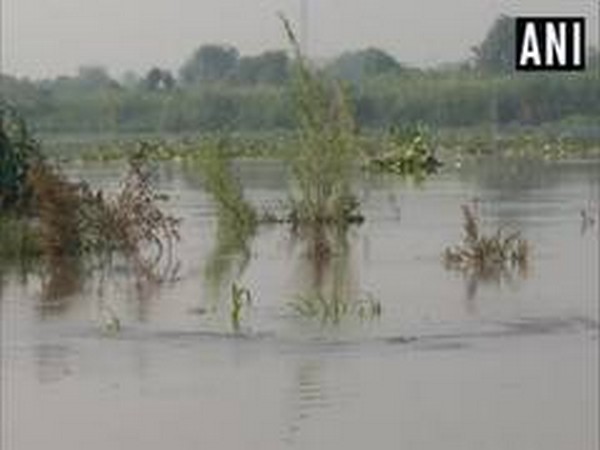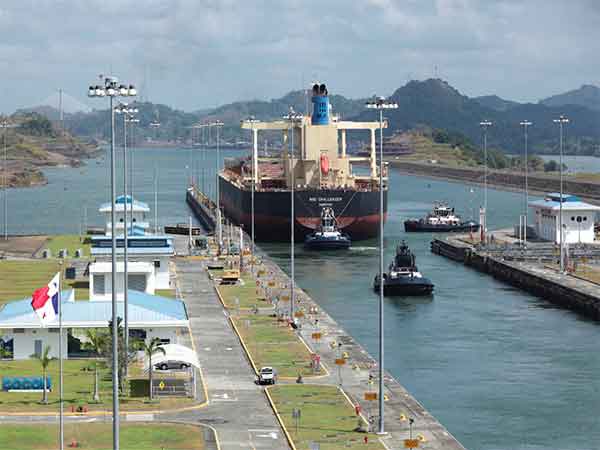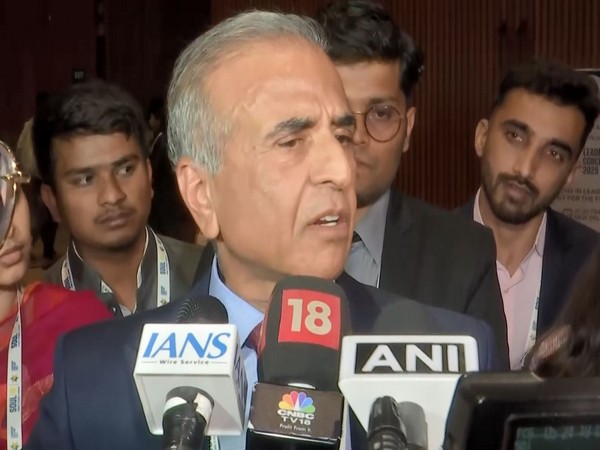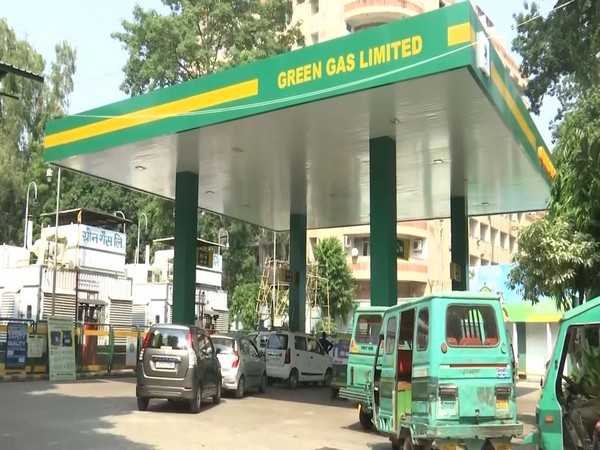
File photo of Yamuna river
By Joymala Bagchi
New Delhi [India], April 22 (ANI): The Delhi Pollution Control Committee (DPCC) has submitted its report to the Yamuna Monitoring Committee (YMC) on Tuesday stating that absence of industrial effluents and ‘less human activities’ have improved water quality of river Yamuna during the lockdown to contain the spread of COVID-19.
Another significant factor held responsible for the improvement is an almost four-fold increase in freshwater availability in downstream of Wazirabad in April. Earlier this month YMC had asked Central Pollution Control Board (CPCB) and DPCC to conduct tests to find out if Yamuna’s water quality is refined.
The panel stated absent of industrial waste from 28 industrial clusters and industries in non-conforming/residential areas paved the way for ‘significantly improved’ water quality. Moreover, the report also stated that less human activities have also contributed to the recent improvement in the quality of water.
The human activities such as solid waste, construction and demolition waste, pooja materials, washings and bathing and even unauthorised dumping of septage are rampant at the river site. The water quality improved as compared to April last year when the average flow was 1000 cusecs while it is 3900 cusecs in April this year.
“Therefore, the dilution is also contributing to the improvement of water quality,” it stated. “The Report of DPCC received on April 15 is based on samples collected at 9 stations along the river and at 20 stations on the drains.
The analysis suggests that there is deterioration in water quality at 4 stations, namely, Palla, Surghat, Khajuri Paltoon Pool (downstream of Najafgarh drain point) and Kudesia Ghat whereas there is improvement ranging from 20-33 per cent in BOD at 5 stations, namely, ITO, Nizamuddin, Agra canal Jaitpur, Okhla barrage (upstream) and Okhla barrage (downstream after meeting of Shahdara drain).”
The water quality of Yamuna in the national capital has “improved significantly” during the lockdown due to an increase in freshwater availability and absence of industrial effluents, according to the CPCB and DPCC. The country will be under extended lockdown till May 3. (ANI)





